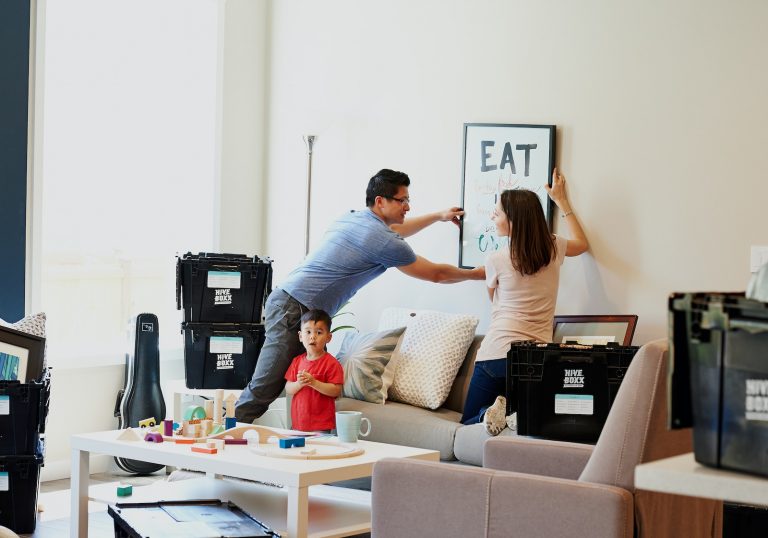Whether you graduate from school or get a new job, you are ready to rent your space. Being independent of your parents comes with many changes and responsibilities. You can start your journey by setting up a budget to follow, saving money for your down payment, and carefully inspecting each place before you apply. Here are a few steps to follow as you move into your first apartment.
Story Stages
Evaluate What Your Monthly Expenses Will Be
When you have your apartment, you will have to pay your expenses. Before you agree to your lease, make a budget to determine if you can afford to cover your rent as well as your other obligations to live there. Utility bills are a priority, including your electricity, gas, and water. However, you may find discounts that will make the charges more manageable. If you work or study from home, you can apply for assistance with the Affordable Connectivity Program and get the service for less than you would pay for it at the regular rate. Once you feel you can handle these invoices along with your lease, move into your space. Document the amount on your statements as they come in so you know the estimated cost you will encounter each time one arrives.
Save Money For a Down Payment
You are ready to turn your application in for your apartment. However, you must also give them a down payment, typically an entire month’s rent. This money is held to take care of repairs and cleaning when you move out and you may get it back if you leave the space in great condition. You will want to save this money before you move out of your parent’s house to lessen the strain on your budget. Open an account to hold this money in and deposit a portion of your check into it each month. It can also serve as a fund to draw from if you have an emergency. When you reach the equivalent of the lease that you want to pay, you can start shopping for a place of your own.
Look Closely At Every Option
You have your down payment and are ready to go shopping. You have made appointments to look at the complexes in your area. While you are there, look closely at the condition of the place. Take a deep breath of air and notice if you detect a musty or unusual smell. Take your time in the kitchen and scan for water stains, bugs, or anything that is broken. Check the windows and external doors and be sure that they have secure locks. Pass up places that have too many of these or seem less than safe. When you leave, evaluate the neighborhood around you and locate the nearest grocery store, gas station, and other necessities. You should pick apartments that are near your job so you will have a short commute. Select a few of the best you have toured and submit your applications.
Get the Measurements Of Your New Apartment
As the moving day arrives, you will be planning what you will have in each room. You will want to ensure that your furniture fits where you want it to go. Ask the complex manager for a layout of your apartment or the dimensions of each room so you can create your floor plan. As you shop for couches, tables, and a bed, refer to it to be sure that it works in those spaces. You can also use this illustration for emergency purposes since it shows where the exits are and the easiest way to get to a shelter during a weather warning. Keep it handy or hang it where your visitors can see it when they are over.
Bring Only What You Need
Moving is a great opportunity to go through what you own and get rid of items that have been left alone for a while. As you pack, separate what you want to keep from what you wish to throw out. Pack the things that you are going to take in a box and write what room it will go to on it. The other products can go in the trash or be donated to a charity. You can also have a garage sale and raise money for your future expenses. You are ready to start your life on your own and are looking to rent an apartment. To make this a reality, you should save for your down payment, create a budget for yourself, and sort through your belongings to bring the items that you need.
